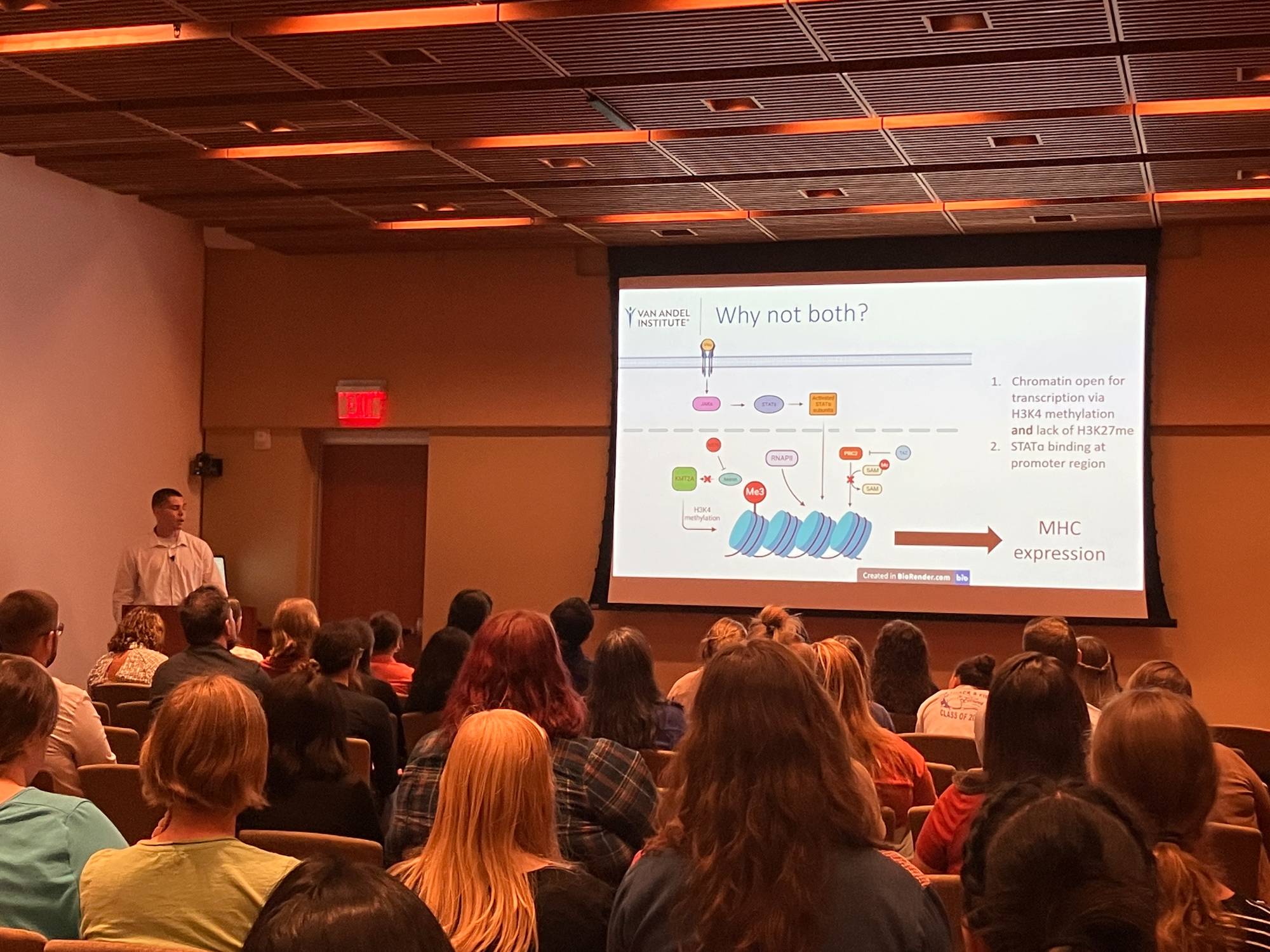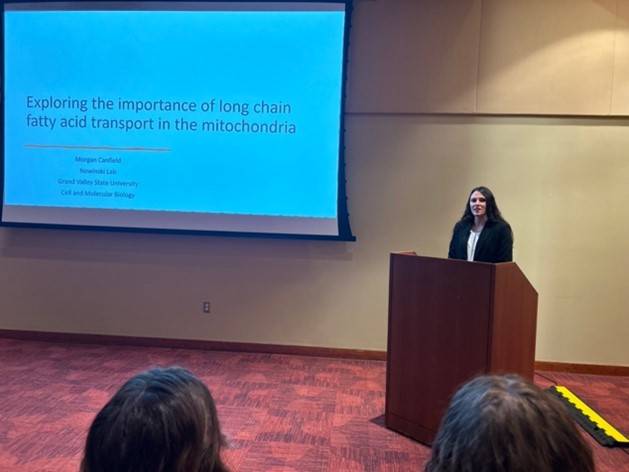In Other News
Purdue University Summer Research Opportunities (SROP)
The Purdue University Summer Research Opportunities Program (SROP) is a pathway to graduate education at Purdue University. This program is designed to provide equal access and opportunities to prepare students for their graduate studies by offering eight-weeks intensive research experiences, and resources that contribute to student's professional and academic growth. The program is open to participants from all disciplines. More information about the program can be found here: https://www.purdue.edu/academics/ogsps/ogrs/programs/summer-research-opportunities-program/index.php.
The School of Health Sciences is particularly excited to welcome students interested in participating in research in the fields of:
- Health Physics/Radiation Protection (https://hhs.purdue.edu/graduate-programs/health-physics-radiation-protection-graduate-program/)
- Imaging Sciences (https://hhs.purdue.edu/graduate-programs/imaging-sciences-graduate-program/)
- Medical Physics (https://hhs.purdue.edu/graduate-programs/medical-physics-graduate-program-campep-accredited/)
- Occupational and Environmental Health Sciences (https://hhs.purdue.edu/graduate-programs/occupational-and-environmental-health-science-graduate-program/)
- Toxicology (https://hhs.purdue.edu/graduate-programs/toxicology-graduate-program/)
West Michigan Regional Undergraduate Science (WMRUGS) Research Conference Presentations

I spent this past summer as an undergraduate research intern in the Triche Lab at the Van Andel Institute (VAI). Mentored by Dr. Tim Triche, Dr. Nathaniel Buteyn, and Eve Gardner I had the privilege of learning the ins and outs of acute myeloid leukemia (AML) as well as the skills and etiquette necessary in research. I worked with two patient-derived AML cell lines, TSU-1621-MT and YNH-1, that characteristically lacked expression of major histocompatibility complexes (MHC) and other immune components on their cell membrane driven by the overexpression of EZH2, a histone-methyltransferase. I treated these cells with tazemetostat (TAZ) and interferon-gamma (IFNγ), successfully inducing MHC expression, validated by flow cytometry. I also treated the cells with VTP50649 in conjunction with TAZ and IFNγ to investigate their potential synergy. In addition to learning laboratory techniques like cell culture and flow cytometry, I also built great relationships with my lab members and my fellow interns. The work environment fostered by VAI inherently builds collaboration and camaraderie between labs, leading to impactful science.
- Vinny Sartori

This summer I had the opportunity to be an intern at Van Andel Institute in Dr. Sara Nowinski’s lab under the mentorship of Dr. Pieter Norden. The Nowinski lab mainly focuses on the mitochondrial fatty acid synthesis pathway (mtFAS). The mtFAS pathway is unique, as it builds its own long chain fatty acids inside the mitochondria, but the mitochondria also have a pathway for importing long chain fatty acids. Why does the mitochondria have to do both? The answer to this question is still unknown and was the focus of my studies over the summer. To explore this question, I specifically used a device called an incucyte to monitor the growth of mtFAS CRISPR mutant cell lines. I tested whether cell proliferation of these mutants was altered by treatment with inhibitory drugs that target different metabolic processes. I found that some of them could alter cell growth, providing exciting new hypotheses to explore why mitochondria need mtFAS!
- Morgan Canfield

